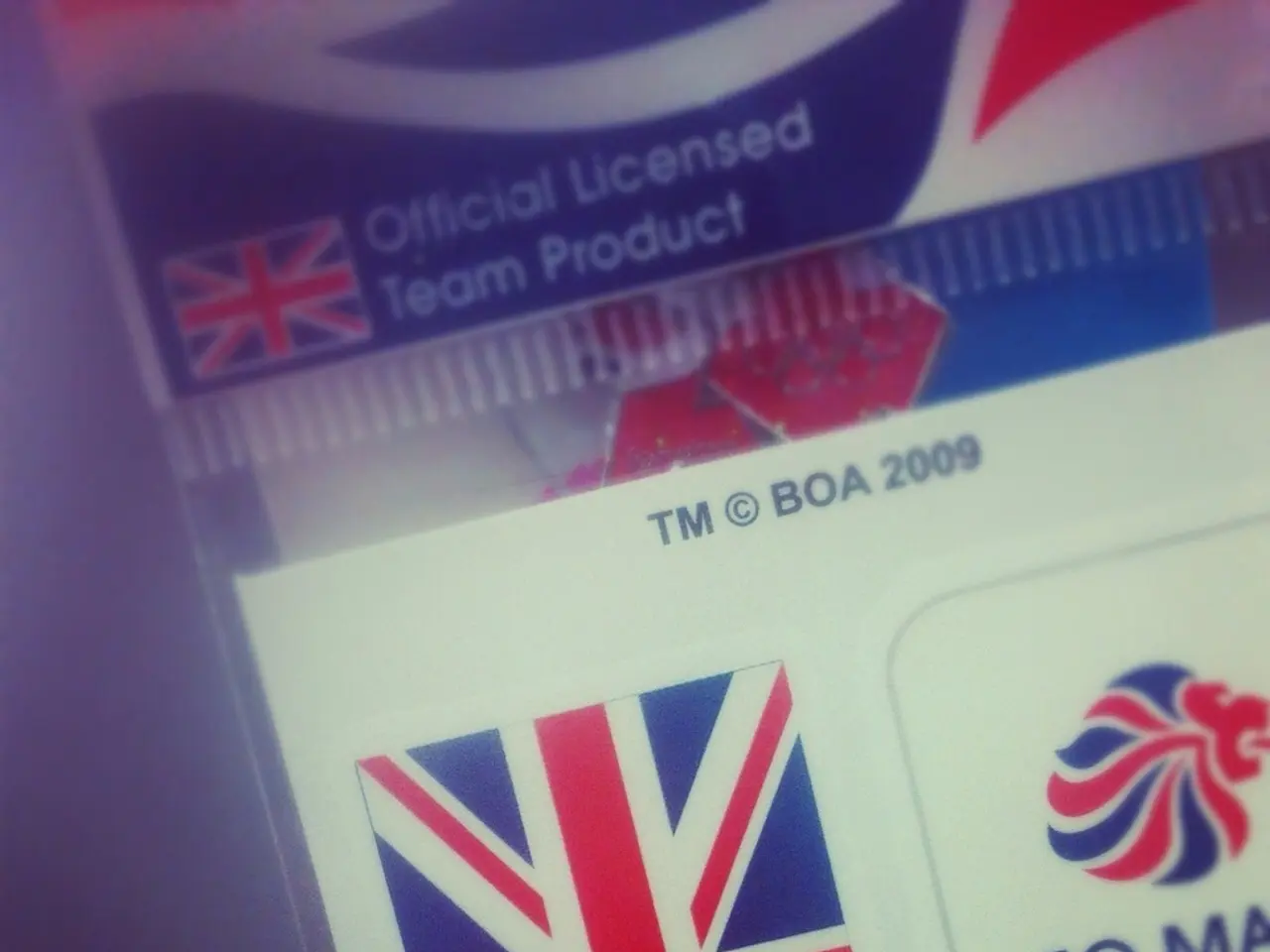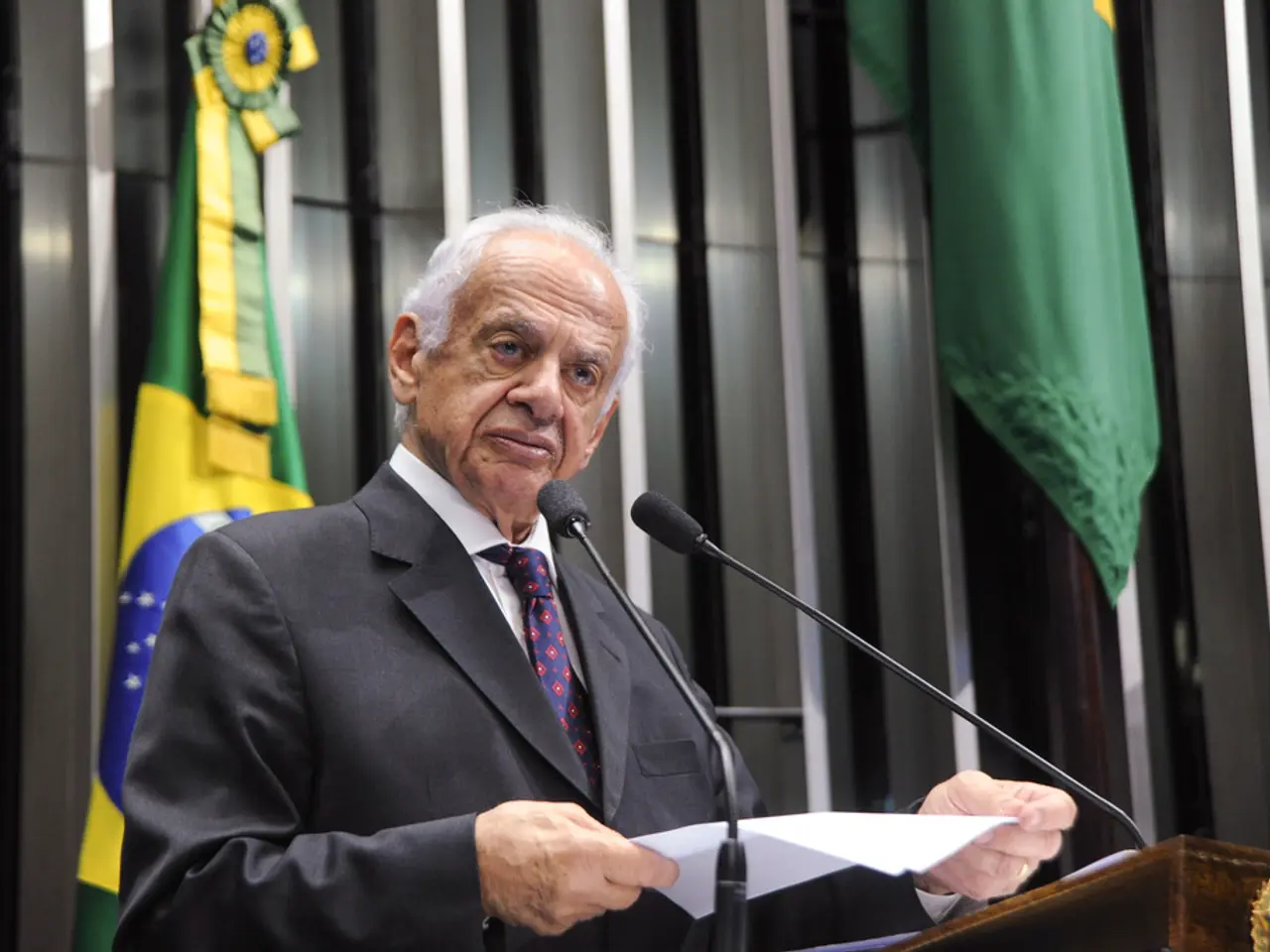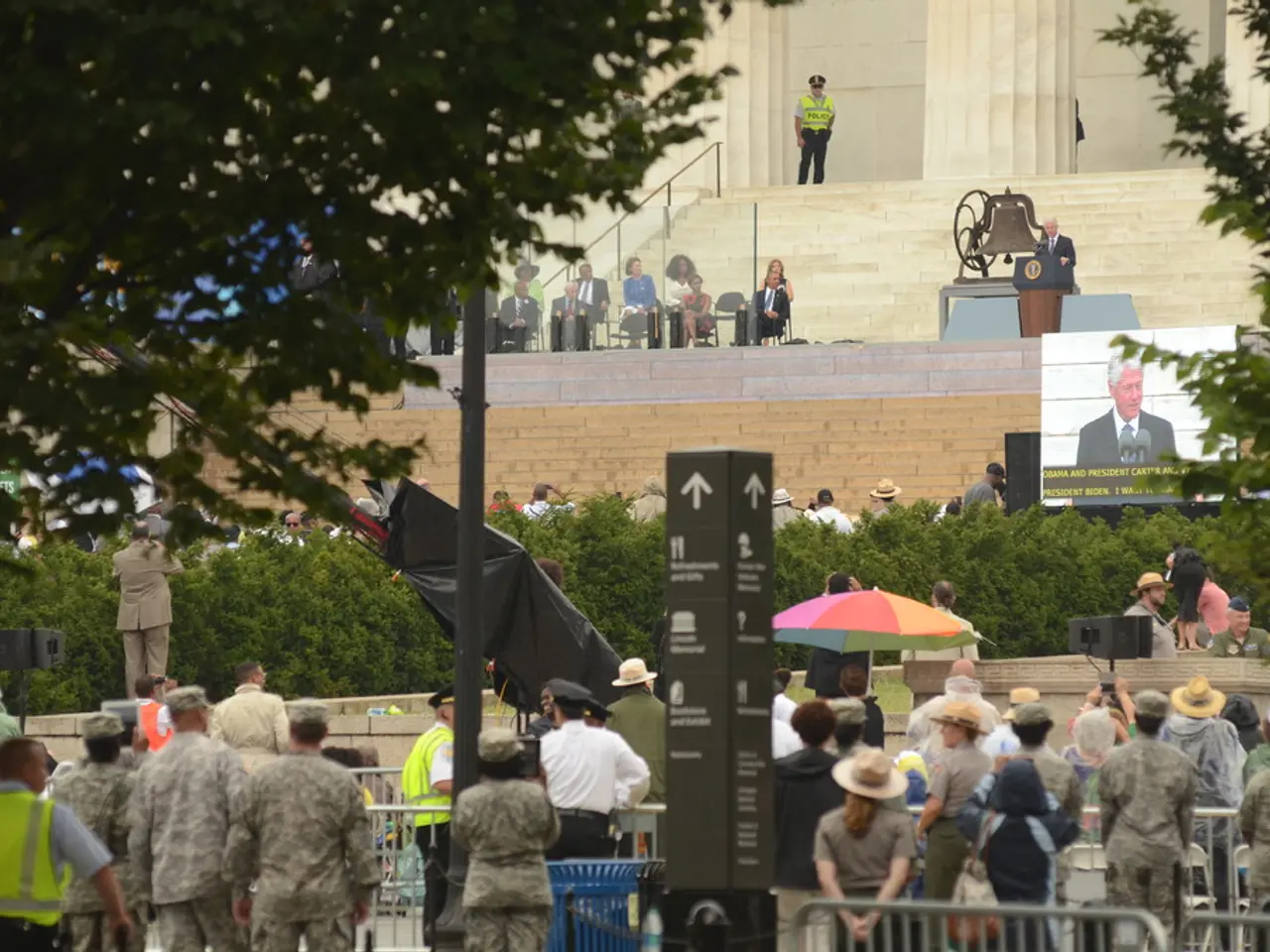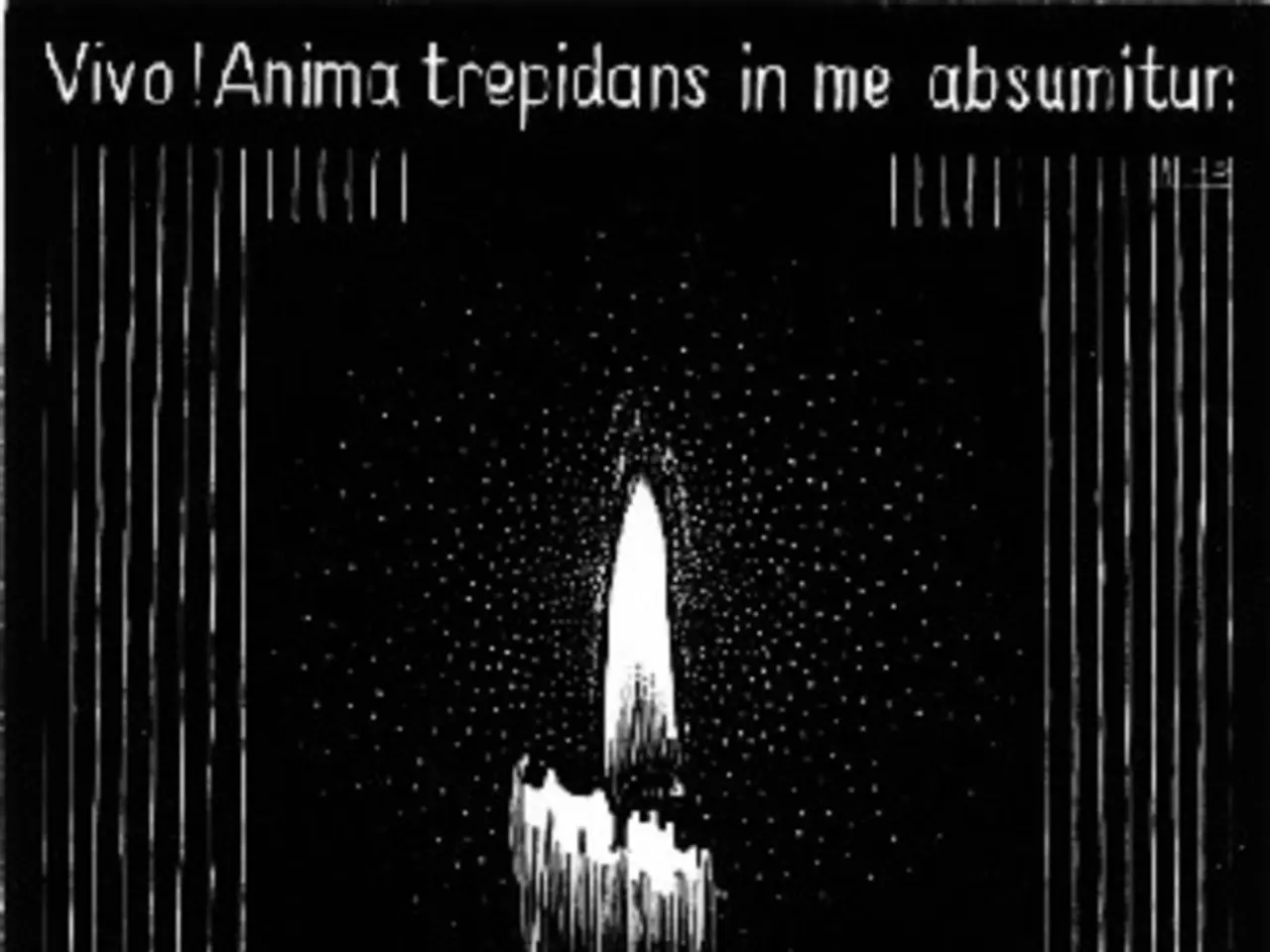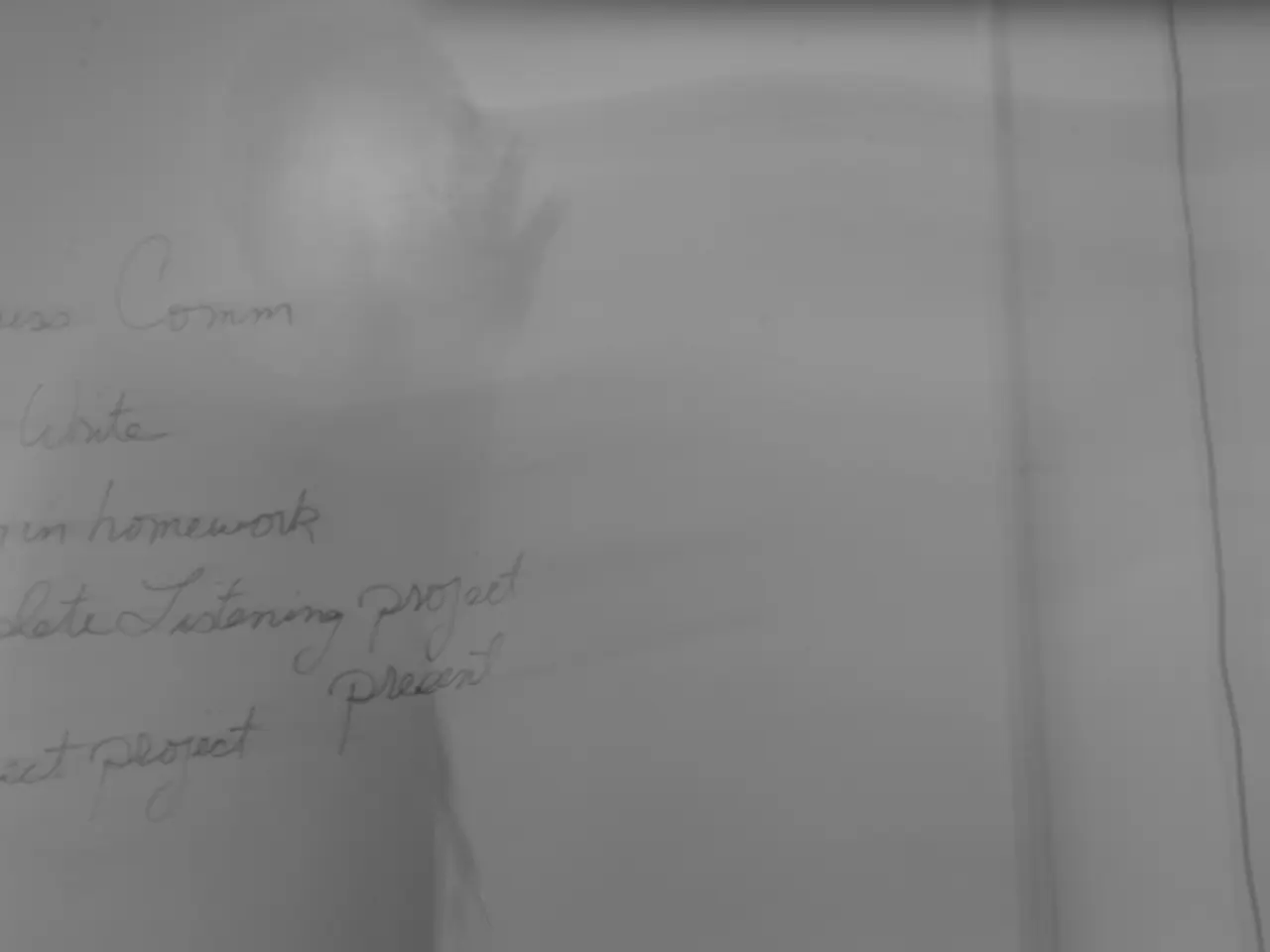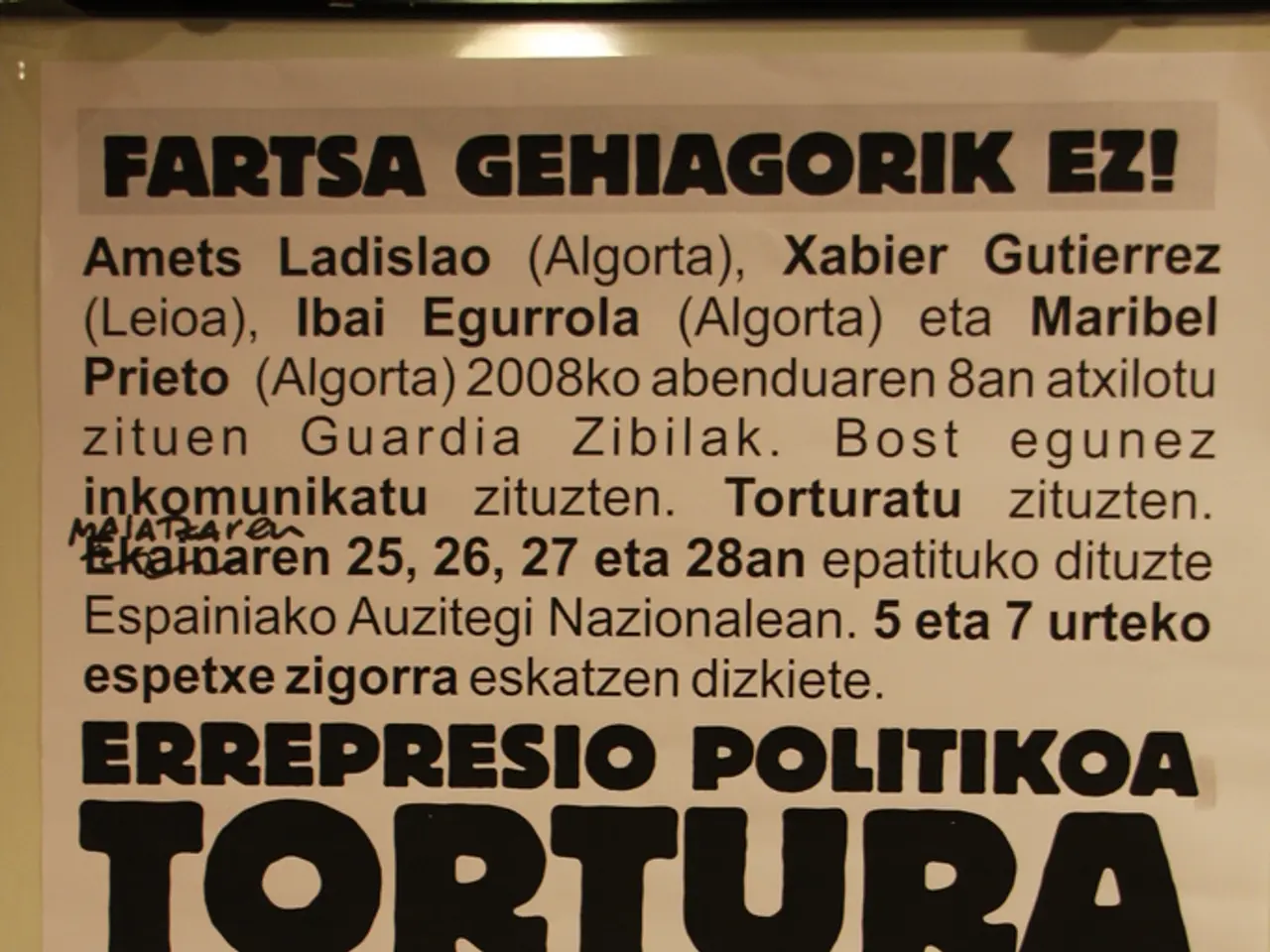Is the Violence in Hong Kong a Result of Communist Instigation?
The ongoing protests in Hong Kong, which began as an anti-extradition movement, have taken a violent turn, resulting in more than 24 police officers being injured. Shopping malls have also come under attack during the unrest. However, there is no credible evidence supporting the claim that infiltrators from the Chinese Ministry of State Security were involved in the violence as a ploy to justify intervention by the People's Armed Police (PAP).
The Chinese government's actions, such as imposing national security legislation and sanctioning Hong Kong officials for curbing freedoms and autonomy, are documented as political control measures and legal suppression. But these moves do not reference or reveal involvement of security infiltrators instigating violence for a pretext of intervention.
International responses criticize what they term "transnational repression" and legal overreach against activists, indicating concerns over political suppression but not covert manufactured violence by infiltrators. Hong Kong's changes in official appointments and security crackdowns are described as personnel or policy responses, without indication of engineered unrest by Beijing's intelligence operatives to legitimize PAP deployment.
Meanwhile, the Hong Kong Human Rights and Democracy Act, a new piece of legislation introduced by Congressman Chris Smith and Senator Marco Rubio, is not mentioned to be related to the support from the anti-communist Chinese for the protests, the allegations of Chinese Ministry of State Security infiltrators, or the actions of Joshua Wong, a leader of the Hong Kong Independence Movement currently in the U.S., trying to get support from the Democratic Party leadership in Congress.
If passed, the Hong Kong Human Rights and Democracy Act could potentially damage U.S. companies trading with Hong Kong, as it may help Communist China by cutting Hong Kong business ties with U.S. companies. However, there is no direct impact of the Act on the ongoing protests in Hong Kong.
Some Hong Kong expatriate forums suggest that the violence is due to Chinese Ministry of State Security infiltrators, with a mission to justify intervention by the PAP and give the Chinese Communist Party full control over Hong Kong. However, these claims appear to be a hypothesis or conspiracy theory unsupported by verified facts in current open-source reports.
References: [1] The New York Times. (2019). China's Plan for Hong Kong: A Blueprint for Control. Retrieved from https://www.nytimes.com/interactive/2019/11/24/world/asia/china-hong-kong-plan.html
[2] The Guardian. (2020). China imposes national security law on Hong Kong, sparking fears of crackdown. Retrieved from https://www.theguardian.com/world/2020/jun/30/china-imposes-national-security-law-on-hong-kong-sparking-fears-of-crackdown
[3] BBC News. (2020). Hong Kong protests: What's the national security law all about? Retrieved from https://www.bbc.com/news/world-asia-china-52988302
[4] Human Rights Watch. (2020). China's National Security Law for Hong Kong: A Repression Toolbox. Retrieved from https://www.hrw.org/report/2020/07/01/chinas-national-security-law-hong-kong/repression-toolbox
- The Chinese government's strategies for political control and legal suppression in Hong Kong, as documented, do not include the involvement of security infiltrators instigating violence to justify intervention.
- International criticism primarily revolves around transnational repression and political suppression in Hong Kong, rather than covert manufactured violence by Chinese Ministry of State Security infiltrators.
- The Hong Kong Human Rights and Democracy Act, introduced by Congressman Chris Smith and Senator Marco Rubio, is not linked to the claims of Chinese Ministry of State Security infiltrators in Hong Kong or the support for the protests from anti-communist Chinese.
- Despite claims in some Hong Kong expatriate forums, there is no verified evidence supporting the hypothesis that Chinese Ministry of State Security infiltrators are fueling the violence to justify a crackdown by the People's Armed Police and establish full control over Hong Kong.

